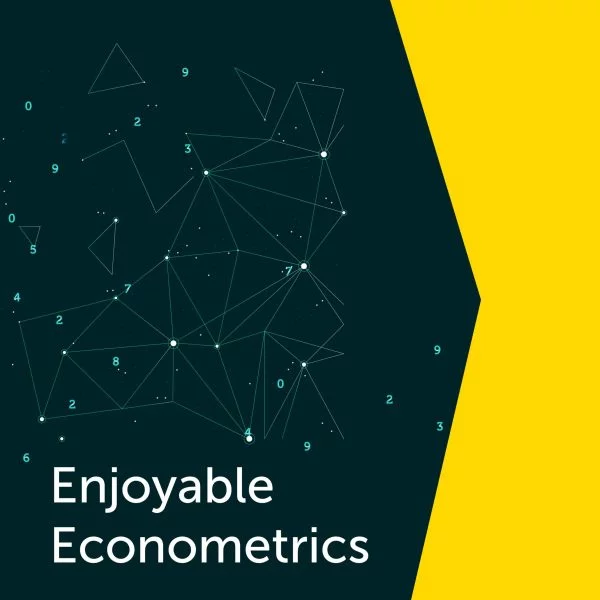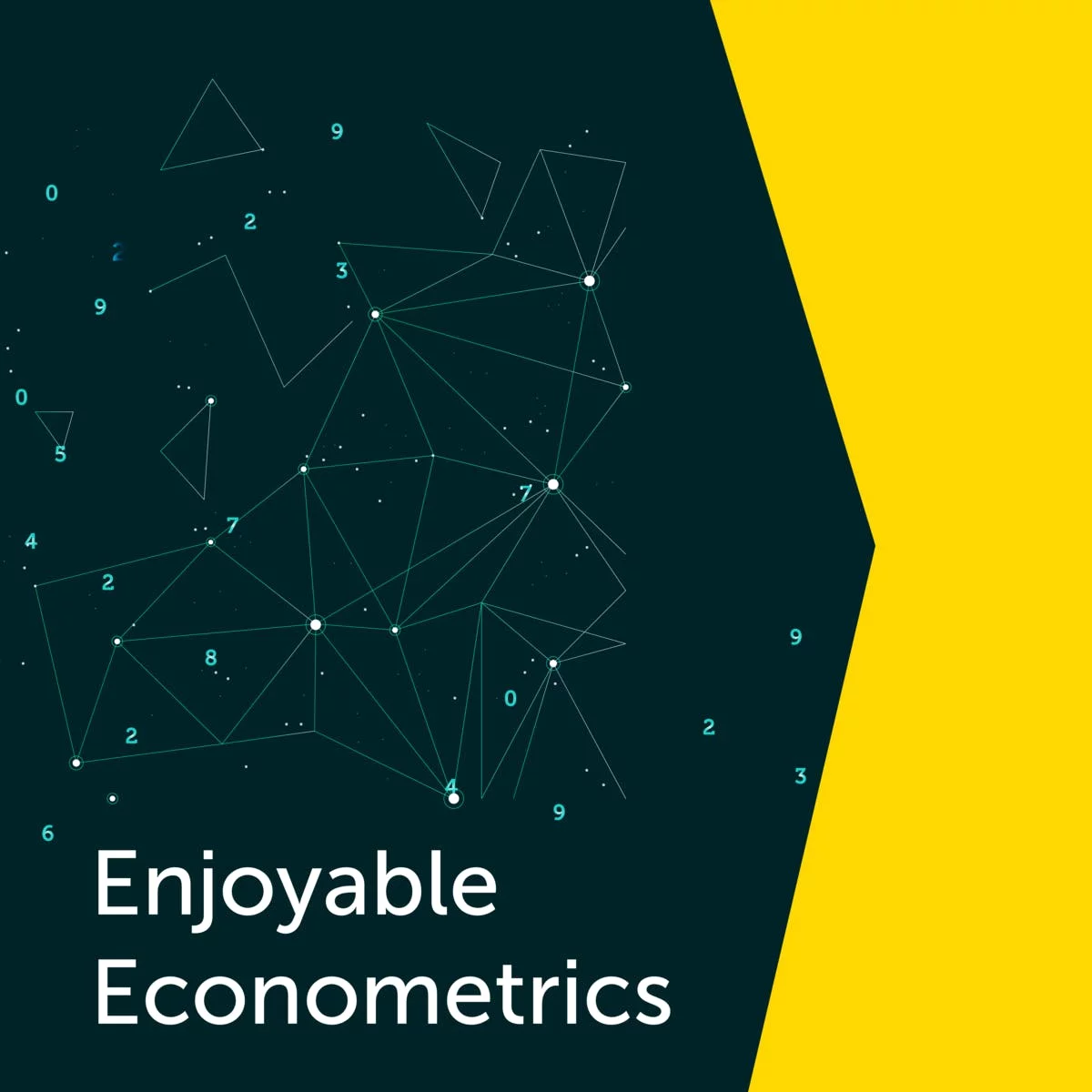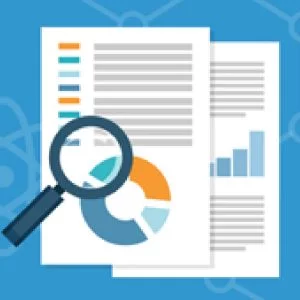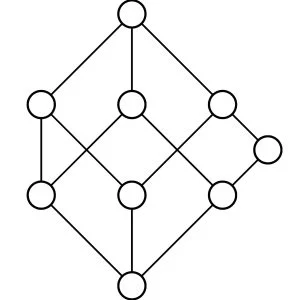
The goal of this MOOC is to show that econometric methods are often needed to answer questions. A question comes first, then data are to be collected, and then finally the model or method comes in. Depending on the data, however, it can happen that methods need to be adapted. For example, where we first look at two variables, later we may need to look at three or more. Or, when data are missing, what then do we do? And, if the data are counts, like the number of newspaper articles citing someone, then matters may change too. But these modifications always come last, and are considered only when relevant. An important motivation for me to make this MOOC is to emphasize that econometric models and methods can also be applied to more unconventional settings, which are typically settings where the practitioner has to collect his or her own data first. Such collection can be done by carefully combining existing databases, but also by holding surveys or running experiments. A byproduct of having to collect your own data is that this helps to choose amongst the potential methods and techniques that are around. If you are searching for a MOOC on econometrics …
Instructor Details
Courses : 2
Specification: Enjoyable Econometrics
|
3 reviews for Enjoyable Econometrics
Add a review Cancel reply
This site uses Akismet to reduce spam. Learn how your comment data is processed.

| Provider | |
|---|---|
| Duration | 19 hours |
| Year | 2019 |
| Level | Beginner |
| Language | English |
| Certificate | Yes |
| Quizzes | No |







zachary k –
This was a good, broad introduction to econometrics. It is simply an exploratory course and will not provide any in depth instruction which would be reserved for a more rigorous econometrics course.
Haoming L –
Just an overview of how difficult econometrics could be, especially in the last two modules.
Glauco Z C –
An very easy approach for the Econometrics. This MOOC offer an easy way to begin an understanding of the basic ideas behind the econometrics methods.